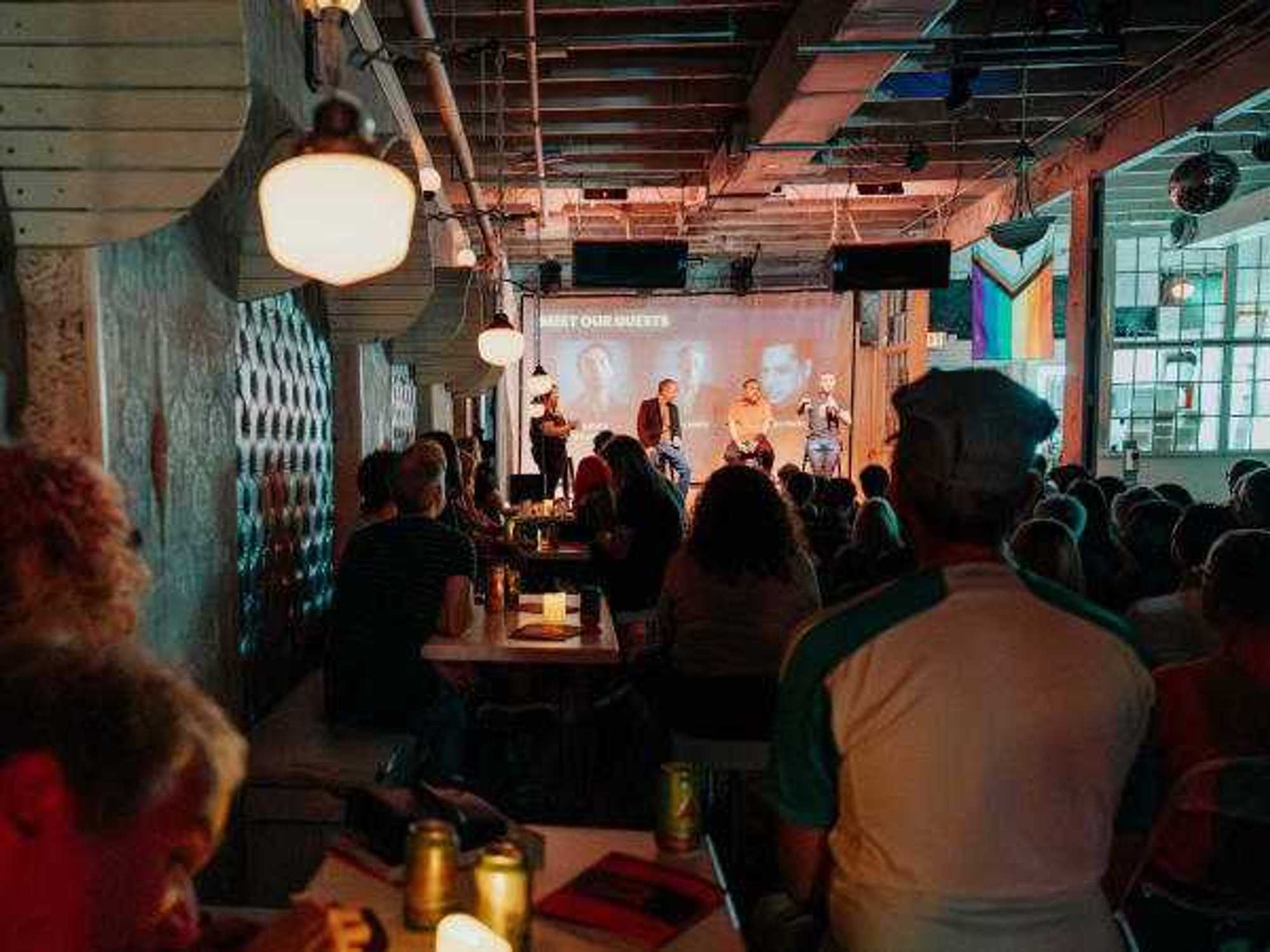Death penalty
Perry's record: The execution of Cameron Todd Willingham on film
Since Rick Perry announced that he is running for president, perhaps more folks will be taking a look at Incendiary: The Willingham Case, a fascinating documentary I reviewed at SXSW last spring. It's a frequently unsettling account of how dubious "science" possibly led to an irreversible miscarriage of justice.
Specifically, the film deals with the case of Cameron Todd Willingham, who was convicted for the 1991 arson murders of his three young children in Corsicana and executed in 2004, despite serious doubts raised about the prosecution's evidence. Perry, the governor of the great state of Texas, doesn't come off too well in the movie. And for good reason, according to Scott Keyes of Think Progress. Keyes writes:
In 2004, Cameron Todd Willingham was executed in Huntsville after being convicted of arson and the murder of his three children. Even after significant evidence emerged showing that arson had not caused the fire (thus exonerating Willingham), Perry refused to grant a stay of execution. Five years after Willingham was executed, a report from a Texas Forensic Science Commission investigator found that the fire could not have been arson. As the commission prepared to hear testimony from the investigator in October 2009, Perry quickly fired and replaced three of its members, forcing an indefinite delay in the hearing.
Critics allege that Perry used his political power to stymie an investigation into the case. But Perry insisted that Willingham's execution was appropriate and that Texas did not execute an innocent man.
"Willingham was a monster. He was a guy who murdered his three children, who tried to beat his wife into an abortion so that he wouldn't have those kids. Person after person has stood up and testified to facts of this case that quite frankly you all aren't covering," Perry told the Associated Press in 2009.
Expect the Willingham case to be one of a host of Perry decisions that get closer examination during the presidential race.

